Search
Did you mean: Runes?
Search Results
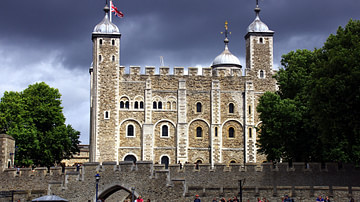
Definition
Tower of London
The Tower of London is a castle located in London alongside the River Thames which was first built by William the Conqueror from c. 1077 and significantly added to over the centuries. Often referred to in England as simply 'the Tower', it...
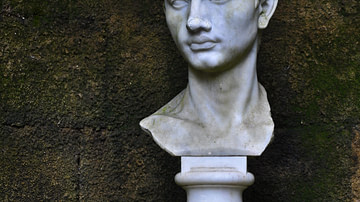
Definition
Virgil
Publius Vergilius Maro (70-19 BCE), better known to most modern readers as Virgil, was one of the greatest poets of the early Roman Empire. His best-known work, the Aeneid, told of a Trojan prince, Aeneas, who escaped the burning of Troy...
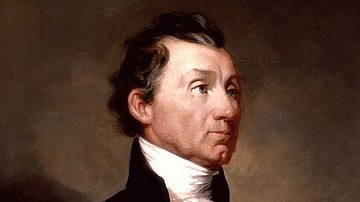
Definition
James Monroe
James Monroe (1758-1831) was an American statesman who served as the fifth president of the United States (1817-1825). The fourth president to belong to the so-called 'Virginia Dynasty', and the last of the generation of the Founding Fathers...

Definition
Caesarion
Ptolemy XV Caesar “Theos Philopator Philometor” (“the Father-loving Mother-loving God”) (c. 47-30 BCE), better known by his unofficial nickname Caesarion or “Little Caesar” in Greek, was the oldest son of Cleopatra VII (69-30 BCE) and was...

Definition
Roman Naval Warfare
Military supremacy of the seas could be a crucial factor in the success of any land campaign, and the Romans well knew that a powerful naval fleet could supply troops and equipment to where they were most needed in as short a time as possible...
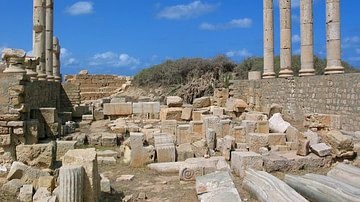
Definition
Leptis Magna
Leptis Magna (aka Lepcis Magna), located in western Libya, North Africa, was a Phoenician city founded by Tyre in the 7th century BCE. Continuing to be a major city in the Roman period, it was the birthplace of Emperor Septimius Severus (r...
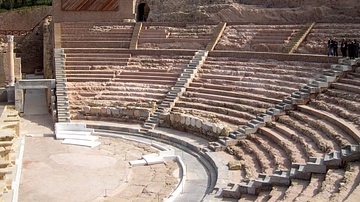
Definition
Carthago Nova
Carthago Nova (modern-day Cartagena) was a city on the southern Iberian Peninsula, Spain, originally known as Mastia. Human habitation of the region predates the Neolithic Period, but the area around the site of Carthago Nova seems to have...
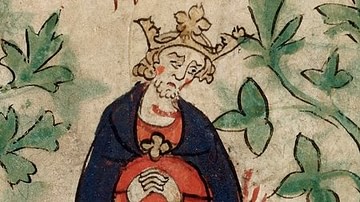
Definition
Henry I of England
Henry I reigned as the king of England from 1100 to 1135 CE. The son of William the Conqueror (r. 1066-1087 CE), Henry succeeded his brother William II of England (r. 1087-1100 CE) after he had died in a hunting accident and left no heir...
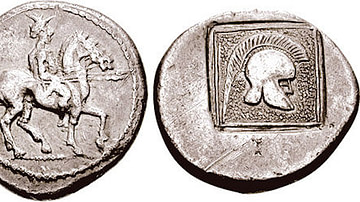
Definition
Alexander I the Philhellene
Alexander I of Macedon, also known as Alexander I the Philhellene ('friend of the Greeks') or 'The Wealthy', was king of ancient Macedon from around 498 to 454 BCE. He is known for the role he played in the second Persian invasion of Greece...

Definition
Odo of Bayeux
Odo of Bayeux (d. 1097 CE) was the bishop of Bayeux in Normandy and half-brother of William the Conqueror (r. 1066-1087 CE). After the Norman conquest of England in 1066 CE, Odo was given vast Anglo-Saxon estates and made, as the Earl of...